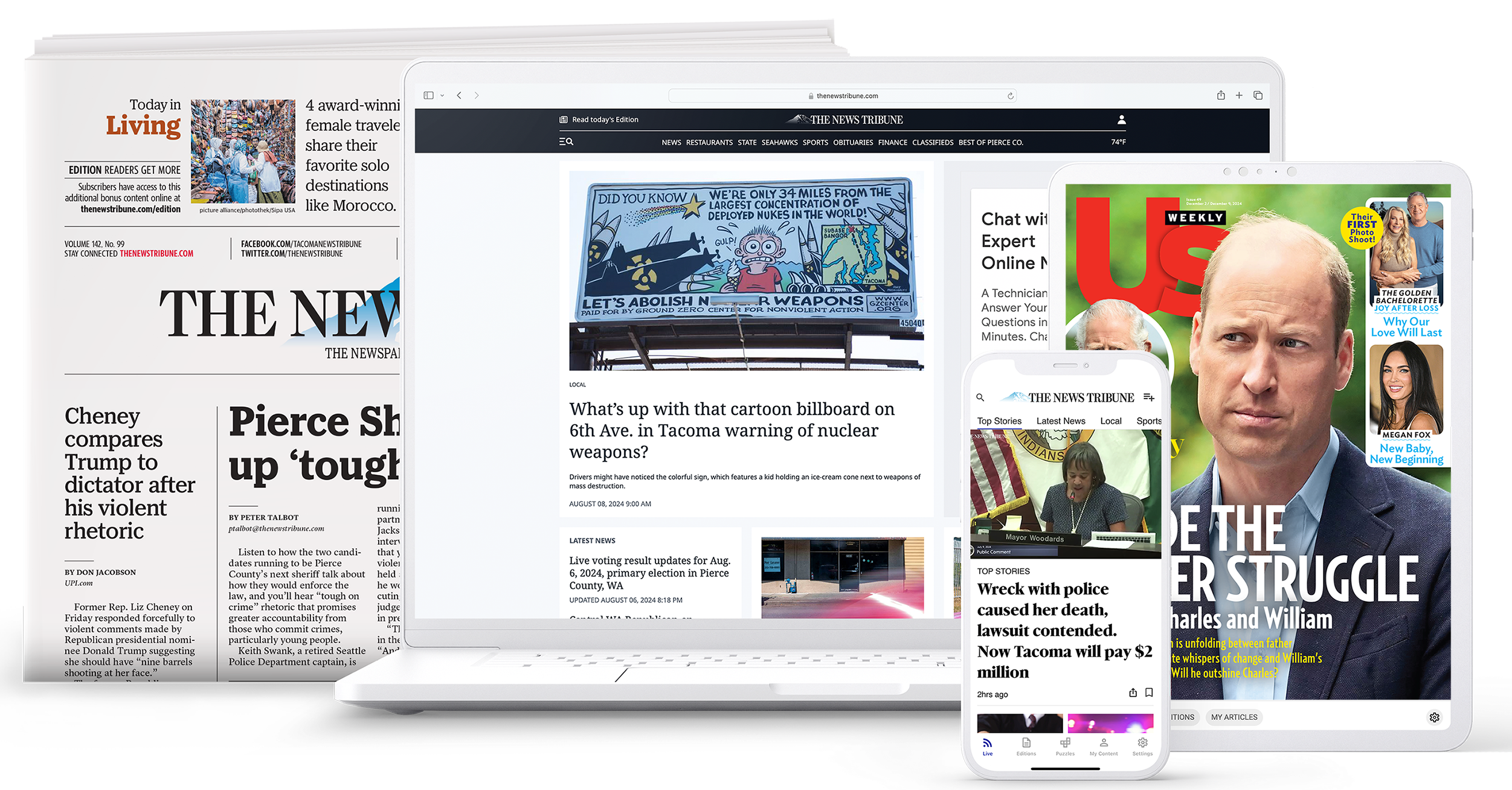What You Need to Know About stnews.live in 2025
The Value of Fact-Checking on the planet of News Online
The occurrence of misinformation in today's online news landscape has actually reached disconcerting degrees. Fact-checking companies play a vital function in neutralizing this trend. They confirm insurance claims and boost the reputation of journalism. The performance of these companies usually pivots on their methodologies and public understanding. As target markets browse this complex environment, the ramifications of their searchings for may shape the future of news usage and trust. What does this mean for the integrity of info moving forward?

The Increase of False Information in the Digital Age
How has the introduction of digital innovation added to the spread of false information? The quick growth of the internet and social media sites platforms has actually facilitated the circulation of information at an extraordinary pace. Users can share posts, video clips, and point of views with a plain click, usually without verifying the material's accuracy. Algorithms focus on marvelous or emotionally charged product, causing an expansion of deceptive stories that record attention.
Furthermore, the privacy paid for by digital platforms allows individuals to spread incorrect info without responsibility (stnews.live). Misinformation thrives in resemble chambers, where individuals are exposed largely to perspectives that reinforce their beliefs, even more lodging falsehoods. The saturation of details can overwhelm customers, making it challenging to recognize reputable sources from undependable ones. False information has ended up being a prevalent concern in the electronic landscape, affecting public point of view and depend on in genuine news resources.
The Duty of Fact-Checking Organizations
Fact-checking companies play a crucial function in enhancing the reliability of journalism by verifying cases made in news records. Their initiatives are important in combating false information, guaranteeing that precise information prevails in the electronic landscape. By holding media outlets accountable, these companies add substantially to notified public discussion.
Enhancing Reputation in Journalism
While misinformation multiplies in the digital age, fact-checking companies play a vital duty in enhancing the integrity of journalism. These organizations thoroughly validate claims made in newspaper article, public declarations, and social media messages, guaranteeing that info shared to the public is exact and reliable. By providing independent evaluations, they work as an important source for reporters, helping them preserve high criteria of honesty. On top of that, their efforts advertise transparency in media, fostering public trust. As target markets end up being progressively discerning, the existence of respectable fact-checking entities can differentiate trustworthy news resources from those that may spread falsehoods. Eventually, the commitment of fact-checking companies to support truthfulness is critical for the wellness of autonomous discourse.
Combating Misinformation Effectively
As misinformation continues to spread out quickly throughout electronic platforms, the role of fact-checking organizations comes to be progressively essential in the fight for accurate info. These companies work as guard dogs, looking at claims made by public figures and media electrical outlets to guarantee liability. By utilizing strenuous study techniques and professional evaluation, they verify truths and clear up deceptive narratives. Their searchings for are disseminated via different channels, educating the general public and promoting critical reasoning. Furthermore, collaborations with social media systems boost their reach, enabling timely flagging of incorrect details. As electronic literacy expands, the influence of fact-checking organizations is vital in equipping audiences to recognize reality from fallacy, inevitably contributing to an extra enlightened culture.
Exactly How False Information Affects Public Assumption
Misinformation considerably threatens depend on in media, leading target markets to wonder about the reputation of news sources. As an outcome, individuals usually are attracted towards outlets that strengthen their existing ideas, adding to the polarization of point of views. This dynamic develops a fragmented details landscape, where shared recognizing ends up being progressively hard to attain.
Count on Media

Trust in media has actually ended up being increasingly delicate in the electronic age, where the rapid spread of false info can skew public understanding. As misinformation proliferates across social media sites and online systems, audiences usually discover it challenging to recognize trustworthy sources from unstable ones. This unpredictability fosters hesitation, leading many people to question the objectives behind news coverage. Subsequently, rely on established media outlets has reduced, as customers significantly turn to alternative sources that may do not have strenuous editorial requirements. This disintegration of count on not only influences private ideas yet likewise weakens the cumulative capability to take part in educated discussions. Inevitably, the integrity of journalism goes to risk, highlighting the essential demand for efficient fact-checking to restore self-confidence in the media landscape.

Polarization of Opinions
The raising apprehension toward conventional media has actually contributed to an expanding polarization of viewpoints amongst the public. Misinformation, usually disseminated with social media sites and online platforms, plays a considerable function fit distinctive ideological divides. People often seek information that lines up with their pre-existing beliefs, strengthening their point of views while rejecting opposing perspectives. This echo chamber result magnifies divisions, causing a fragmented public discourse where agreement ends up being significantly elusive. In addition, sensationalized stories grow in this atmosphere, additionally skewing public perception and fostering wonder about in reputable sources. As polarization escalates, wikipedia reference the necessity for effective fact-checking becomes critical to link voids and promote educated discussions, ultimately making certain a much more natural society efficient in navigating complicated issues.
Strategies for Reliable Fact-Checking
Efficient fact-checking depends on a systematic technique that consists of complete research study, confirmation of sources, and important analysis of insurance claims. A fundamental method is cross-referencing info from multiple reputable resources to confirm its accuracy. Fact-checkers commonly make use of specialized databases and archives to map the origin of certain declarations, guaranteeing that the reported info straightens with recorded proof.
An additional crucial method includes scrutinizing the context in which claims exist. Misleading information can arise from out-of-context quotes or selective information usage. By taking a look at the broader story, fact-checkers can identify prospective prejudices or false impressions.
Moreover, engaging with experts in relevant areas can offer quality and understanding that enhances the fact-checking procedure. This partnership can uncover subtleties that laypeople might ignore - stnews.live. Ultimately, a disciplined method incorporating these strategies promotes a much more informed public, enhancing the integrity of info shared in the electronic age
The Impact of Social Media on News Consumption
Exactly how has social networks changed the means individuals eat news? The emergence of platforms like Facebook, Twitter, and Instagram has significantly altered news intake patterns. News is now disseminated swiftly, enabling users to accessibility real-time updates and engage with web content via likes, shares, and remarks. This immediacy has actually cultivated a choice for bite-sized sites information, frequently at the expense of in-depth evaluation.
Furthermore, social networks enables individualized news feeds, where formulas curate material based upon user choices, creating echo chambers that might restrict direct exposure to varied point of views. The duty of conventional news electrical outlets has actually diminished as individuals increasingly depend on peer recommendations and trending subjects. Consequently, the credibility of info is commonly endangered, as sensationalism can outweigh factual reporting. In general, social media has actually reshaped news usage, stressing rate and customization while testing the requirements of journalistic integrity.
Encouraging Audiences to Determine Trustworthy Sources

Furthermore, checking out the authorship and organizational background of news articles can reveal potential predispositions. Cross-referencing information throughout numerous reputable outlets additionally improves the confirmation procedure. Making use of electronic tools, such as browser extensions that rate the reliability of websites, can additionally help in recognizing credible info. By proactively engaging with these resources and cultivating a vital state of mind, audiences can much better outfit themselves to recognize reliable news resources, eventually fostering a more informed culture amidst the complexities of today's media atmosphere.
The Future of Journalism and Fact-Checking
As the media landscape advances, the future of journalism and fact-checking faces both challenges and opportunities. The rise of electronic platforms has actually democratized info dissemination, enabling diverse voices to emerge. However, this has actually likewise resulted in the proliferation of misinformation, requiring robust fact-checking devices. Reporters will significantly rely upon technology, consisting of AI devices, to validate truths quickly and efficiently.
Collaboration in between wire service and fact-checking entities is prepared for to strengthen credibility and transparency. Moreover, audience involvement will play a necessary role, as educated viewers come to be considerable partners in recognizing credible web content.
The need for accountability and accuracy is likely to expand, pushing reporters to support high requirements in their coverage. Inevitably, the future of journalism might depend upon its capability to adapt to technical innovations while keeping journalistic honesty, making certain that fact-checking stays a foundation of qualified news.
Frequently Asked Questions
Just How Can I Report False Information I Encounter Online?
To report misinformation come across online, people can use platform-specific reporting devices, give clear evidence, and share the details with fact-checking companies. Engaging with neighborhood conversations can additionally assist increase recognition concerning the false information.
What Prevail Signs of False Information in News Articles?
Usual indicators of misinformation in news short articles consist of mind-blowing headlines, absence of qualified sources, psychological language, irregular realities, and lack of writer credentials. Visitors must seriously examine material for these indicators to discern precision.
Exactly How Do Fact-Checkers Confirm Resources?
Fact-checkers confirm resources by cross-referencing information with trustworthy data sources, getting in touch with specialists, and examining the initial context of insurance claims. They browse around here also assess the reliability of the sources, guaranteeing exact and reliable details for public consumption.
What Lawsuits Can Be Taken Versus Misinformation?
Lawsuits against misinformation might consist of disparagement suits, cease-and-desist orders, and regulative charges. Sufferers can prosecute with civil courts, while some territories impose fines or assents on systems distributing incorrect info.
Exist Apps for Fact-Checking News On-The-Go?
Countless applications exist for fact-checking news on-the-go, including Snopes, FactCheck.org, and PolitiFact. These applications assist customers confirm cases promptly, advertising notified decision-making and fostering an extra discerning approach to consuming news in real-time.